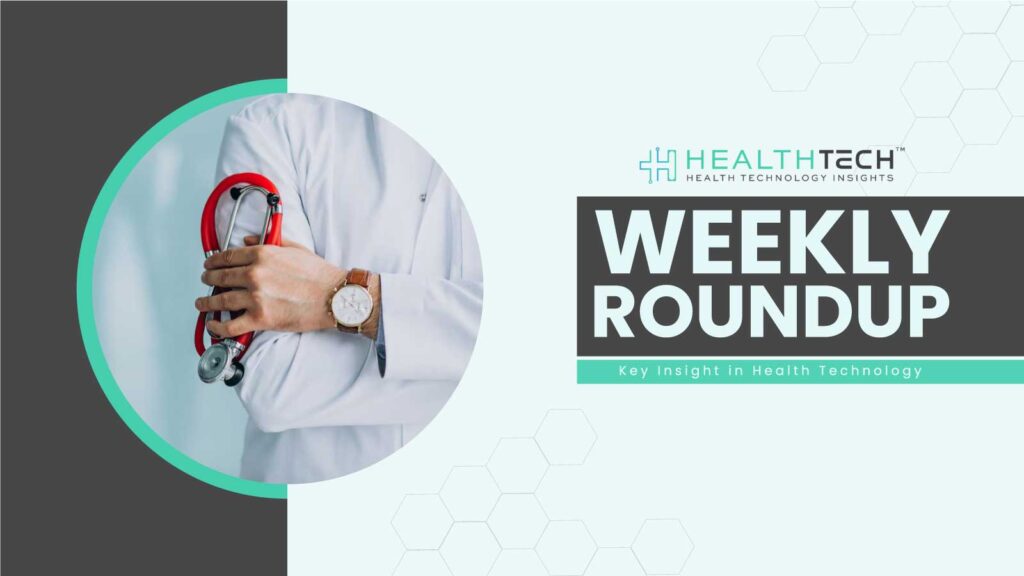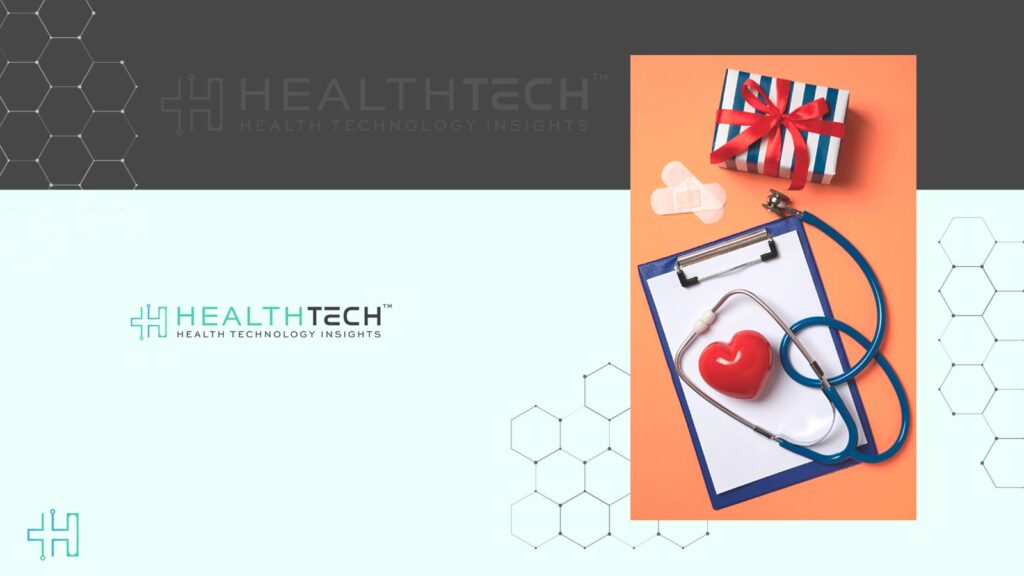Lindus Health, known for its faster and more reliable approach to clinical trials, has entered into a new partnership with Yendou, a platform that uses AI to simplify site engagement and management. Together, they aim to streamline the way trial sites are contacted and managed, offering a smarter and more centralized approach through a single system that combines site databases, feasibility workflows, and custom survey tools.
Health Technology Insights: Bridge to Life Names David Castiglioni CCO for VitaSmart US Launch
One of the most time-consuming elements of clinical trials is site feasibility. This involves gathering detailed information from each potential site, such as its experience with specific treatments, access to patient groups, staffing qualifications, and readiness for contracting. Most traditional contract research organizations still treat this process as a checklist and often rely on outdated systems. These systems lack centralized memory, requiring teams to repeat tasks like sending surveys or entering the same site data manually. This repetitive work slows down study timelines and creates unnecessary barriers between research teams and trial sites.
Health Technology Insights: OMRON Healthcare Surpasses 400 Million Blood Pressure Monitor Sales
The collaboration between Lindus Health and Yendou directly addresses these challenges by centralizing site data and preserving it for future use. With Yendou, once a site completes a survey, that information is stored and can be reused across future studies. The system also reuses previous responses where applicable, so sites are not burdened with answering the same questions multiple times. This not only speeds up the time to respond to sponsor requests but also frees up clinical teams to focus on higher-value trial activities. Lindus Health also uses Yendou’s tools to personalize outreach, eliminate mass emails, and automate onboarding processes including site introductions, capability evaluations, and confidentiality agreements.
What makes Yendou especially valuable is its ability to track how well each site engages throughout the process. Instead of relying on generic industry benchmarks, Lindus Health can measure performance based on its own direct experience with each site. This data helps predict which sites will be the most responsive, fastest to activate, and most likely to follow through on commitments. Over time, this builds a smarter internal database that improves with each trial.
The improved communication flow has led to stronger partnerships between Lindus Health and its network of sites. The automation and memory built into the system have saved staff more than six hours per person each week by removing repetitive manual tasks. That extra time has been redirected to more valuable work like frequent site calls, earlier feedback from principal investigators, and better visibility into upcoming studies.
Results from the partnership have been striking. In just eight weeks, Lindus Health identified nearly four times as many qualified sites and reached 15 times more investigators. The platform also enabled deeper site assessments, with twelve times more data collected per site than before. This not only expanded the site network but also deepened relationships across the board.
Meri Beckwith, Co-CEO of Lindus Health, said the success of the partnership comes from viewing trial sites not just as resources but as strategic collaborators. He explained that when sites feel respected and included in the process, communication improves, trust builds, and timelines move faster. The partnership with Yendou, he added, makes that vision possible by turning technology into a tool for stronger human connection.
Health Technology Insights: Lupin Acquires VISUfarma to Boost Global Ophthalmology Business
To participate in our interviews, please write to our HealthTech Media Room at sudipto@intentamplify.com




